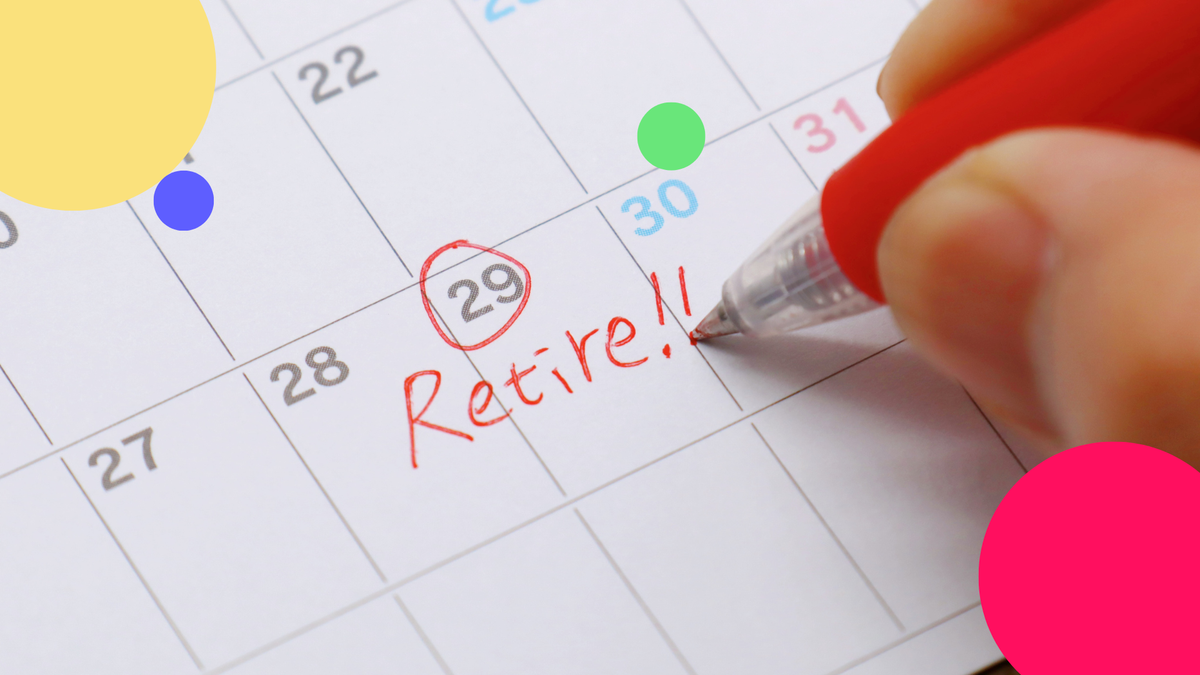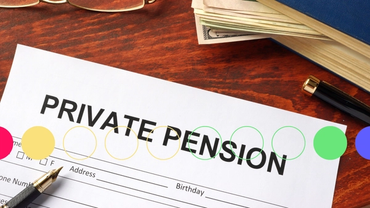3 ways to make the most of your personal pension
By Boring Money
13 Sep, 2024
Saving for retirement is tough. Boring Money research shows that 52% of UK adults believe they're not saving enough, while 16% aren’t sure. Almost every survey will tell you that you should be saving more, and while that’s probably true, you also need to make sure you’re making the most of what you have.

How can you make sure you're getting the most out of your pension? Your first priority should be to find out if you're on track to save enough for your ideal retirement. Click the link below to use our handy calculator, which will ask you some simple questions to get an understanding of your saving habits and your day-to-day spending before giving you an estimate of how much income you'll need in retirement to sustain your standard of living.
Once you've established if you're on track (or not!), it's a good idea to review your current retirement savings and make sure they're working as hard as possible for you. It’s no use saving diligently for years, only to find it’s not getting you where you need to be. In this article, we run through our top three tips to help those with a Self-Invested Personal Pension (or 'SIPP') to save for retirement - from maximising tax relief to reviewing your fund's performance.
Scroll down to get started.
1. Maximise that tax relief
If you’ve got a SIPP set up and ready to go - and that’s relatively straightforward on any of the major investment platforms - you can pay money in directly and you will automatically get some tax relief government on the way in. That just lands as an extra payment in your account. It’s worth look at all your other long-term savings, such as cash savings account, old stocks and shares, and bits of investment, and deciding whether they might be better housed in your retirement pot instead to benefit from this relief.
That’s great for basic rate tax payers, but higher rate tax payers can claim back even more, taking their total tax relief up to 40% or 45% (neat, right?). However, they need to use a self-assessment tax return to do it and it will only be reflected in a lower income tax bill. If you want it to boost your pension, you’ll have to reinvest that saving back in your pension pot.






